Zinc Picolinate 50mg
- Zinc Picolinate
- Boosts the Immune System
- Boosts Brain Activity
- Heals and Protects Skin
- Stimulates Taste, Smell and Improves Appetite
- Because of zinc’s role in generating cells, it is essential for the developing fetus where cells are rapidly dividing.
- Zinc may also help in the treatment of pre-menstrual syndrome (PMS)
>>>Read More
20,550CFA
Benefits:
- Testosterone and Men’s Health
Zinc is necessary to maintain normal serum testosterone. Inadequate zinc levels prevent the pituitary gland from releasing luteinizing and follicle stimulating hormones, which stimulate testosterone production. Zinc also inhibits the aromatase enzyme that converts testosterone into excess estrogen. The testosterone to estrogen ratio in men declines with aging from a high of about 50:1 to half of that, or even a low of 10:1. Higher estrogen activity results in increased risk of heart disease, weight gain, and obesity. One reason for the progressive weight gain with age is that fat cells contain aromatase. More fat cells mean more estrogen which means more fat deposition. This is further aggravated by alcohol consumption, which lowers zinc and increases estrogen, and so magnifies the problem. In addition to the impact on hormone levels, zinc also has been proven to help the body produce healthier sperm by increasing sperm count and motility. A USDA study found that semen volume dropped 30 percent when zinc intake was low.
Zinc deficiency has been found to have a severe impact on the male prostate gland. Zinc deficiency predisposes the prostate to infection (prostatis) which may lead to enlargement of the prostate gland (prostatic hypertrophy).
- Boosts the Immune System
The significance of zinc in the body’s response to infection is well known. Zinc is a component in thymic hormone which controls and facilitates the maturation of lymphocytes. Zinc also plays a role in cell division and DNA replication, thereby aiding in the production of immune system cells.
- Boosts Brain Activity
Zinc is found in the vesicles of the mossy fiber system of the brain’s hippocampus. These fibers play a role in enhancing memory and thinking skills. University of Texas researchers found that women deficient in zinc had a harder time on standard memory tests. USDA scientists found lower cognition in men experimentally deprived of zinc. Experiments have shown that accident victims who are given zinc supplements respond with improved cognitive function. Zinc is diverted to the healing tissues following injury or surgery and becomes less available for other essential functions.
- Heals and Protects Skin
Zinc is essential for healthy skin. Internally, zinc stimulates cell division, healing, proper connective tissue formation, and increases the transport of Vitamin A from the liver to the skin, helping to protect body tissue from damage and repair any damage present.
- Stimulates Taste, Smell and Improves Appetite
Zinc activates areas of the brain that receive and process information from taste and smell sensors. Levels of zinc in plasma were found to influence appetite and taste preference. Insufficient zinc has been linked to anorexia, which responds well to zinc replacement treatment.
- Pregnancy and Infertility
- Because of zinc’s role in generating cells, it is essential for the developing fetus where cells are rapidly dividing.
- Adequate zinc in the pregnant mother’s diet also reduces the risk of premature birth and other complications and has been shown to improve neonatal survival.
- Research has been undertaken into the possibility of treating male infertility with zinc therapy to increase sperm count and motility.
- Eyesight
Zinc is found in high concentrations in the retina of the eye. Evidence exists linking zinc deficiency with the deteriorating vision that comes with ageing.
- Zinc and Pre-Menstrual Syndrome
Zinc may also help in the treatment of pre-menstrual syndrome (PMS). PMS affects 50 percent of all menstruating women. There is growing evidence that a deficiency of progesterone underlies PMS. Trace amounts of zinc regulate the secretion of many hormones, including progesterone. Early research found significantly lower levels of zinc among women with PMS during the luteal phase of menstruation, the 13 days preceding menstruation. This reduction could lead to a decrease in secretions of progesterone and endorphins. Endorphins are the natural painkillers our bodies produce. While research is ongoing, it suggests that some women’s PMS symptoms may be improved by zinc supplementation.
- Zinc Improves Mood
Zinc abnormalities also often exist in mood disorder patients. Zinc sulfate, taken as a supplement, appears effective in reducing fatigue, mood swings and changes in appetite.
- Cuts Short the Common Cold
Zinc is an essential trace elements for all forms of life. The significance of zinc in human nutrition and public health was recognized relatively recently. Zinc insufficiently has been recognized by a number of experts as an important public health issue, especially in developing countries. The prevalence and clinical consequences of zinc deficiency on growth delay, diarrhoea, pneumonia, disturbed neuropsychological performance and abnormalities of fetal development. Zinc is such a critical element in human health that even a small deficiency is a disaster. Zinc supplementation is a powerful therapeutic tool in managing a long list of illnesses.
Millions of people throughout the world may have inadequate levels of zinc in their diet due to limited access to zinc-rich foods and the abundance of zinc inhibitors, such as phytates, common in plant-based diets. Understanding of the public health importance of inadequate zinc intakes has been hampered by a lack of indicators of zinc status for identifying individuals with zinc deficiency. According to the WHO, Zinc deficiency is largely related to inadequate intake or absorption of zinc from the diet, although excess losses of zinc during diarrhoea may also contribute.
The dietary sources of zinc include; Shellfish, beef and other red meats are rich sources of zinc. Nuts and legumes are relatively good plant sources.
Mechanism of action
On the cellular level, the function of zinc can be divided into three categories: Catalytical, Structural and Regulatory.
Catalytical: Nearly 100 different enzymes depend on zinc for their ability to catalyze vital chemical reactions. Zinc dependent enzymes can be found in all known classes of enzymes.
Structural: Zinc plays an important role in the structure of proteins and cell membrane .The structure of proteins and cell membrane. The structure and function of cell membranes are also affected by zinc. Loss of zinc from biological membranes increases their susceptibility to oxidative damage and impairs their functions.
Regulatory: Zinc finger proteins have been found to regulate gene expression by acting as transcription factors. Zinc also plays a role in cell signaling and has been found to influence hormone release and nerves impulse transmission.
DESCRIPTION
Ng4l Zinc Picolinate is dosed at 50mg and is essential to the normal function of many organs and systems within the body including the skeletal, immune, neurological, and endocrine systems. Zinc is a necessary mineral co-factor for hundreds of enzymatic reactions related to protein and carbohydrate metabolism, RNA/DNA synthesis, and inter-cellular signaling. It is also known to play a critical role in the body’s defense against oxidative processes and is especially helpful for maintenance of healthy aging.
PRESENTATION: Bottle of 100capsules
Serving size 1capsule serving per container 100 | ||
Ingredients | Amount per capsule | % daily values |
Zinc (as zinc picolinate) | 50mg | 333% |
Other ingredients: Gelatin, rice Powder Contains no: artificial coloring, artificial flavor, preservatives, yeast, corn, milk or milk derivatives, lactose, salt, sodium, soy, sugar, gluten, starch or wheat | ||
Posology: As dietary supplement adults take one capsule per day with meals
| Weight | 91 g |
|---|
Based on 0 reviews
Be the first to review “Zinc Picolinate 50mg” Cancel reply
Related products
-
All Products, Herbs, Special Products
Vital Yew
0 out of 5(0)- VITAL YEW is used as an adjuvant treatment for cancer;
- Prevents cancer;
- VITAL YEW Strengthens the immune system and helps fight and prevent diseases;
- Effective against bacterial and viral respiratory tract infections (cold, flu, bronchitis, pneumonia, sinusitis);
- Anti-inflammatory: indicated to relieve pain associated with arthritis, bursitis and sinusitis;
>>>Read More
SKU: n/a -
All Products, Special Products
Melatonin 3mg
0 out of 5(0)- Effective to get rid of the Jet Lag
- Fights gainst insomnia.Melatonin is best and the surest of the inductors of sleep available
- Melatonin neutralizes the effects of stress
- Many studies show that Melatonin protects from cancer and the toxic effects of chemotherapy.
>>>Read More
SKU: n/a

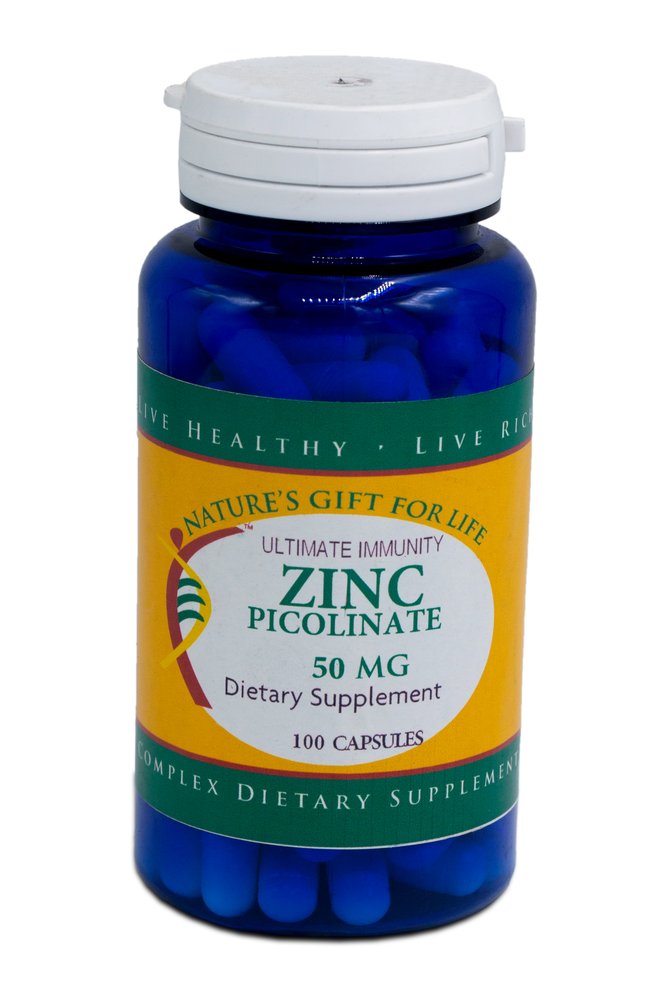
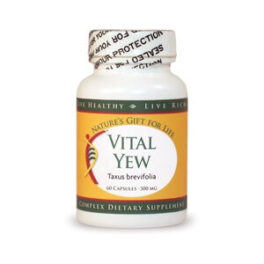
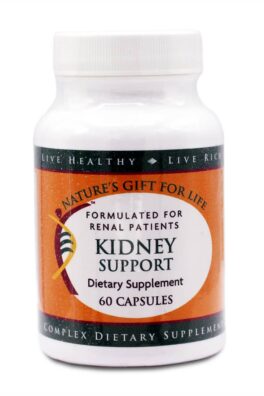
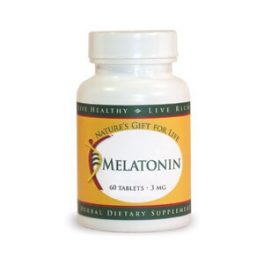
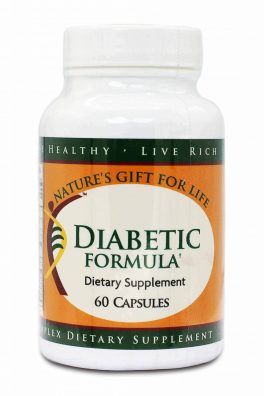
There are no reviews yet.